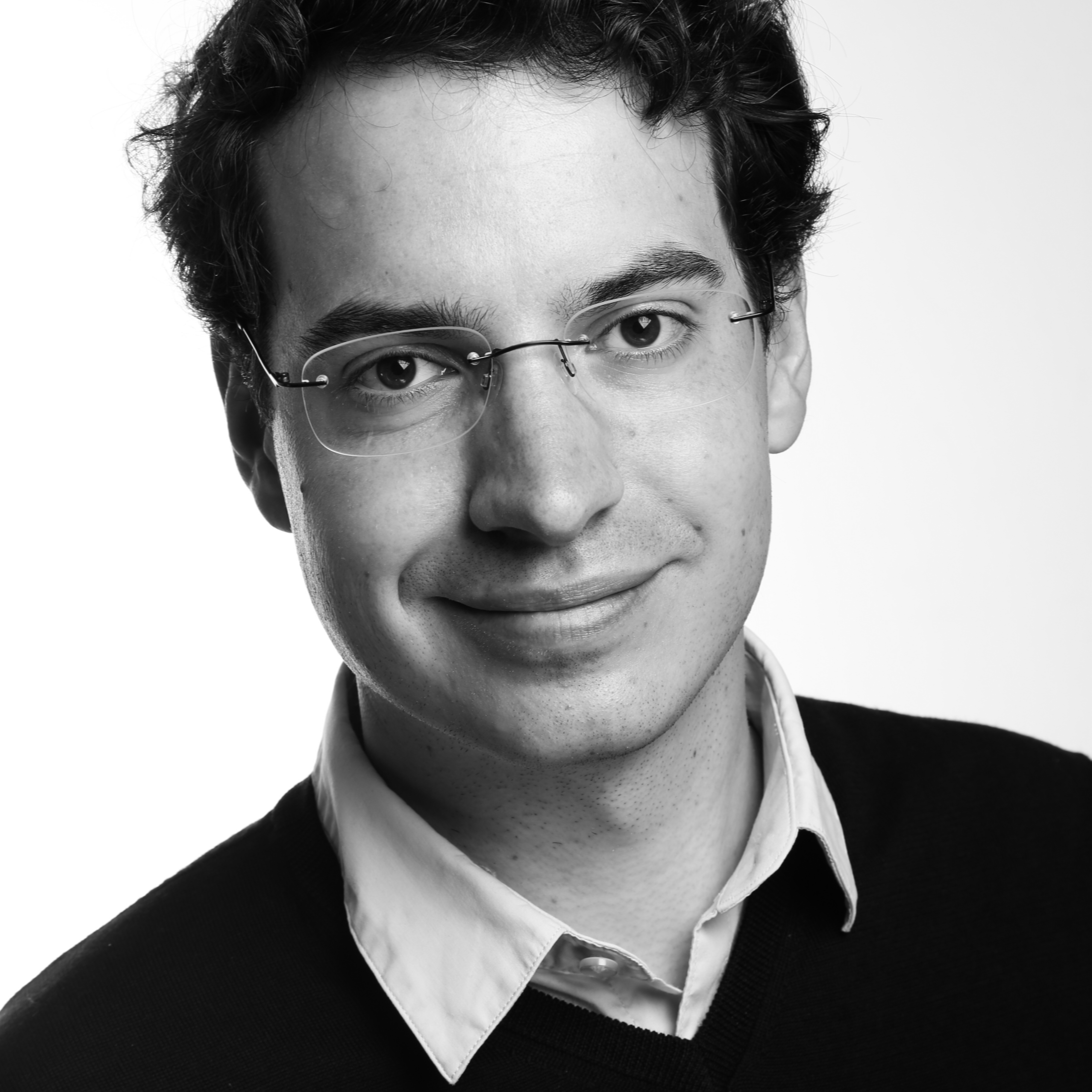< Projects
Quantum Law: The Legal Significance of Quantum Computing
The development of quantum technology and computation will have a great impact on future society. Valentin Jeutner at Lund University is leading a project to investigate what this new technology may come to mean for our laws, and how it can be used by the legal system.
Quantum technology in combination with artificial intelligence and machine learning will be significantly faster and more efficient than the conventional computers of today. The technology entails many new possibilities, but may also give rise to new problems and risks, with damaging consequences. Quantum computers will for example render today’s encryptions useless. The fact that processes controlled by artificial intelligence will be faster and more efficient also means that any errors that occur can be more serious and more extensive.
The project addresses three general questions: How will quantum technology affect legislation within various areas of the law? This includes an investigation into how to adapt the legal protection of privacy and where legal responsibility lies if the use of quantum technology has unintentional consequences, for example in a medical context.
Is it possible to use quantum computers to optimize the resolution of legal disputes? For example, can quantum computing technology be used to generate new models of legal argumentation or by predicting the outcome of a legal process?
And finally: Could the study of quantum technology help us reach a deeper understanding of the law and its functions? The researchers are contemplating whether it is possible to find common denominators between the laws of physics, and specifically quantum physics, and the laws made by a state.
Start date: 1 January 2020
End date: 31 December 2024
Project type
MMW
Humanities and Art
Social Sciences
Law
Universities and institutes
Lund University
Project members

Valentin Jeutner
Associate Professor
Lund University

Seyedehoda Hosseiny
PhD student
Lund University

